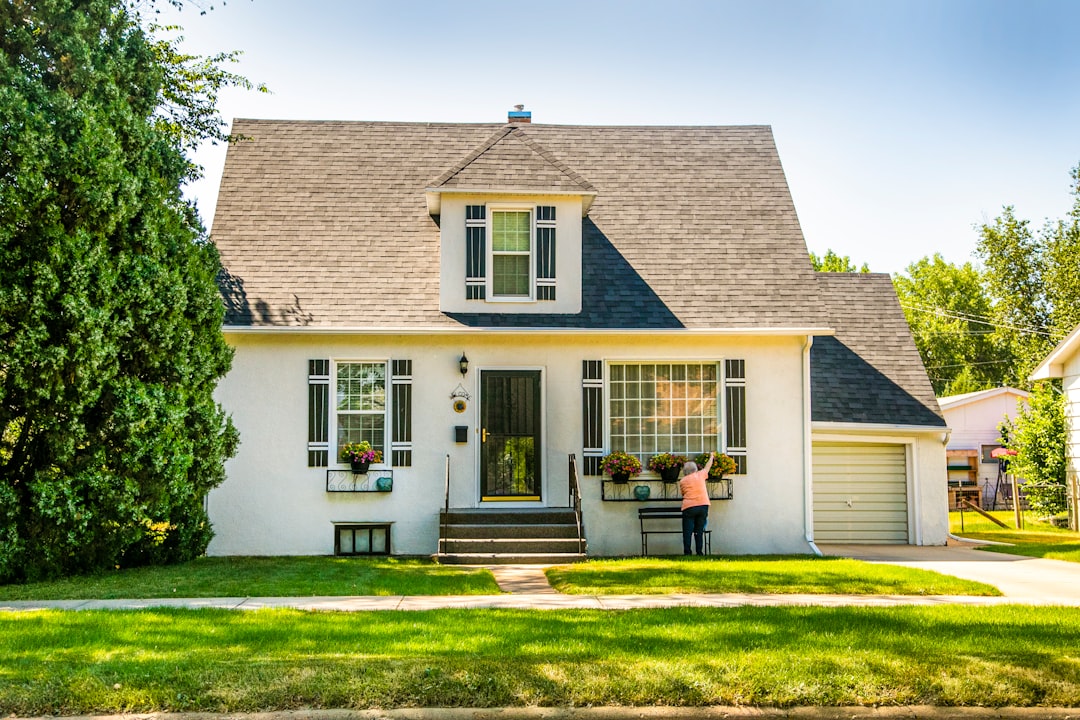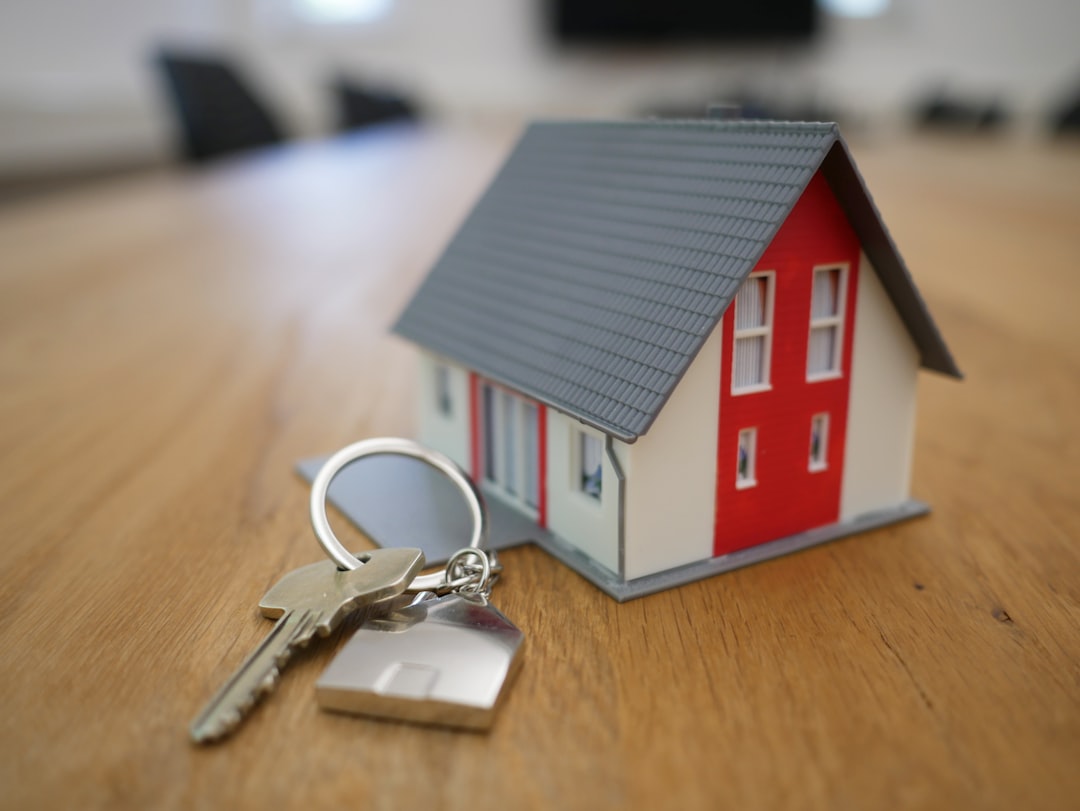The pros and cons of buying vs. renting a home
Deciding whether to buy or rent a home is a major financial decision that can have a significant impact on your future. Both options have their own set of advantages and disadvantages, and it's crucial to carefully consider your personal circumstances and goals before making a choice. In this blog post, we will explore the pros and cons of buying versus renting a home to help you make an informed decision.
Advantages of Buying a Home
1. Building Equity
One of the biggest advantages of buying a home is the opportunity to build equity. When you make mortgage payments, you are essentially paying off a portion of the loan and increasing your ownership stake in the property. Over time, this can lead to significant wealth accumulation and provide a sense of security.

2. Stability and Control
Buying a home offers stability and control over your living situation. You have the freedom to customize and personalize your space to suit your preferences. Additionally, you don't have to worry about landlords increasing rent or terminating the lease, giving you peace of mind.

3. Potential Investment
Real estate can be a great long-term investment. Property values tend to appreciate over time, allowing homeowners to potentially build wealth. In some cases, homeowners may also have the option to rent out their property and generate rental income.

Disadvantages of Buying a Home
1. Financial Commitment
Buying a home is a significant financial commitment. You'll need to have a down payment, cover closing costs, and be prepared for ongoing expenses such as property taxes, insurance, maintenance, and repairs. It's important to ensure you have a stable income and are financially prepared for these responsibilities.

2. Limited Flexibility
Owning a home can limit your flexibility compared to renting. If you need to move for a job or personal reasons, selling a home can take time and may not always be profitable. Renting offers more flexibility, allowing you to easily relocate without the burden of selling a property.

3. Market Risks
The real estate market can be unpredictable, and property values can fluctuate. While historically real estate has shown appreciation over the long term, there are no guarantees. Economic factors, housing market conditions, and other external factors can impact the value of your investment.

Advantages of Renting a Home
1. Flexibility and Mobility
Renting provides flexibility and mobility, making it an attractive option for individuals who prioritize freedom and the ability to easily move. Whether you're unsure about your long-term plans or enjoy exploring different neighborhoods, renting allows you to change locations without the commitment of homeownership.

2. Lower Upfront Costs
Compared to buying a home, renting typically requires lower upfront costs. While you may need to pay a security deposit and possibly the first and last month's rent, it's generally more affordable than a down payment and closing costs associated with purchasing a property.

3. Minimal Maintenance Responsibilities
When you rent a home, the responsibility for maintenance and repairs typically falls on the landlord. This can save you time, money, and stress associated with unexpected repairs or regular maintenance tasks. Renting allows you to focus on other aspects of your life without worrying about property upkeep.

Disadvantages of Renting a Home
1. Lack of Equity Building
Unlike homeownership, renting does not provide the opportunity to build equity. Your monthly rent payments go towards the landlord's mortgage or investment, rather than building wealth for yourself. Renting may not be the best long-term financial strategy if you're looking to accumulate assets.

2. Limited Control and Personalization
As a renter, you have limited control over the property. You may require permission to make changes or improvements, and you're unable to fully customize the space to your liking. This lack of control can be frustrating for individuals who desire complete freedom to modify their living environment.

3. Rent Increases and Lease Terms
Rent prices can increase over time, especially in high-demand areas. Landlords have the ability to adjust rental rates at the end of the lease term, potentially making it more challenging to budget for the future. Additionally, lease terms can limit your flexibility and require you to commit to a specific timeframe.

Ultimately, the decision to buy or rent a home depends on your individual circumstances, financial goals, and personal preferences. Consider factors such as your long-term plans, financial stability, and the local real estate market before making a choice. Whether you decide to buy or rent, remember to carefully evaluate the pros and cons to ensure you make the best decision for your situation.
